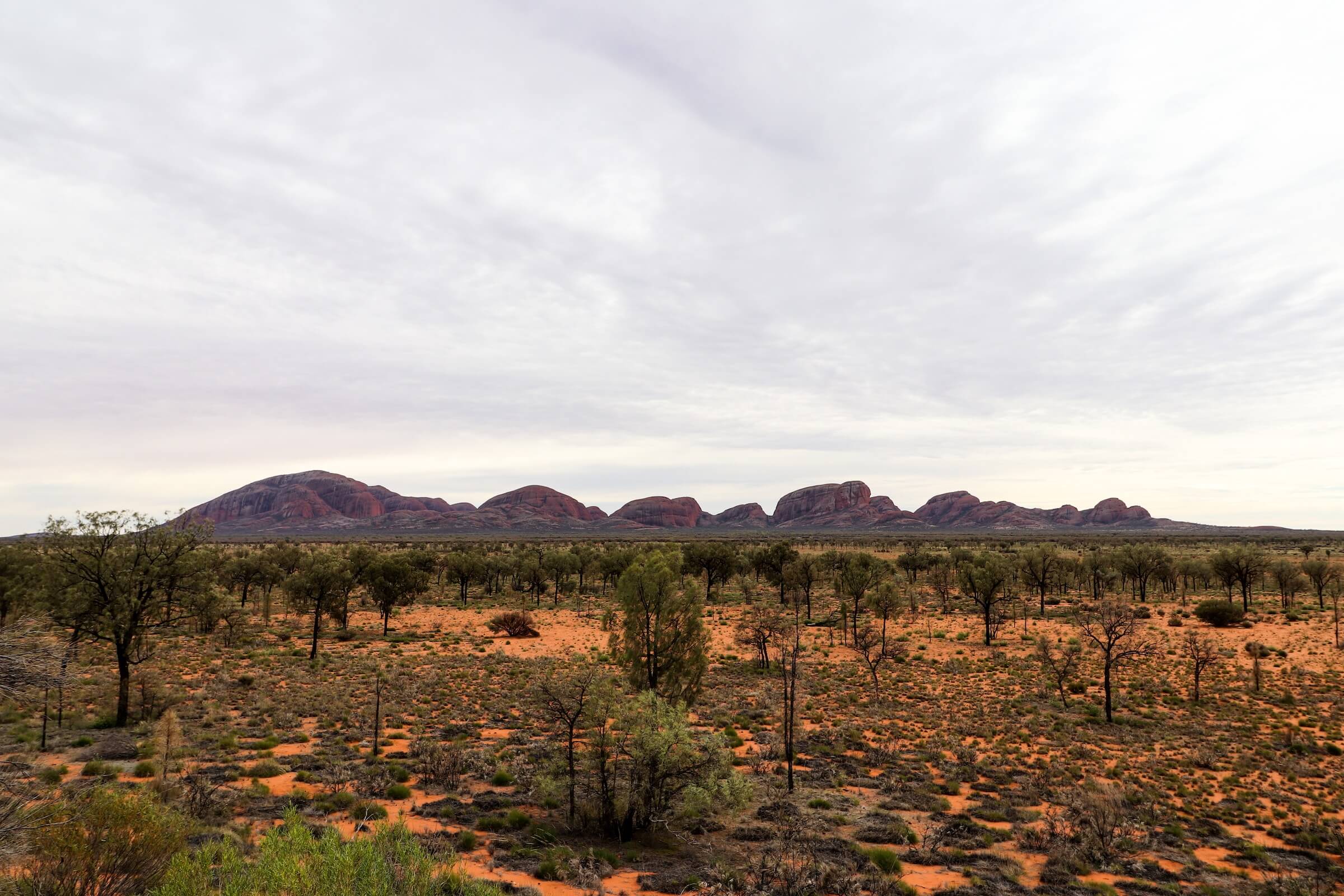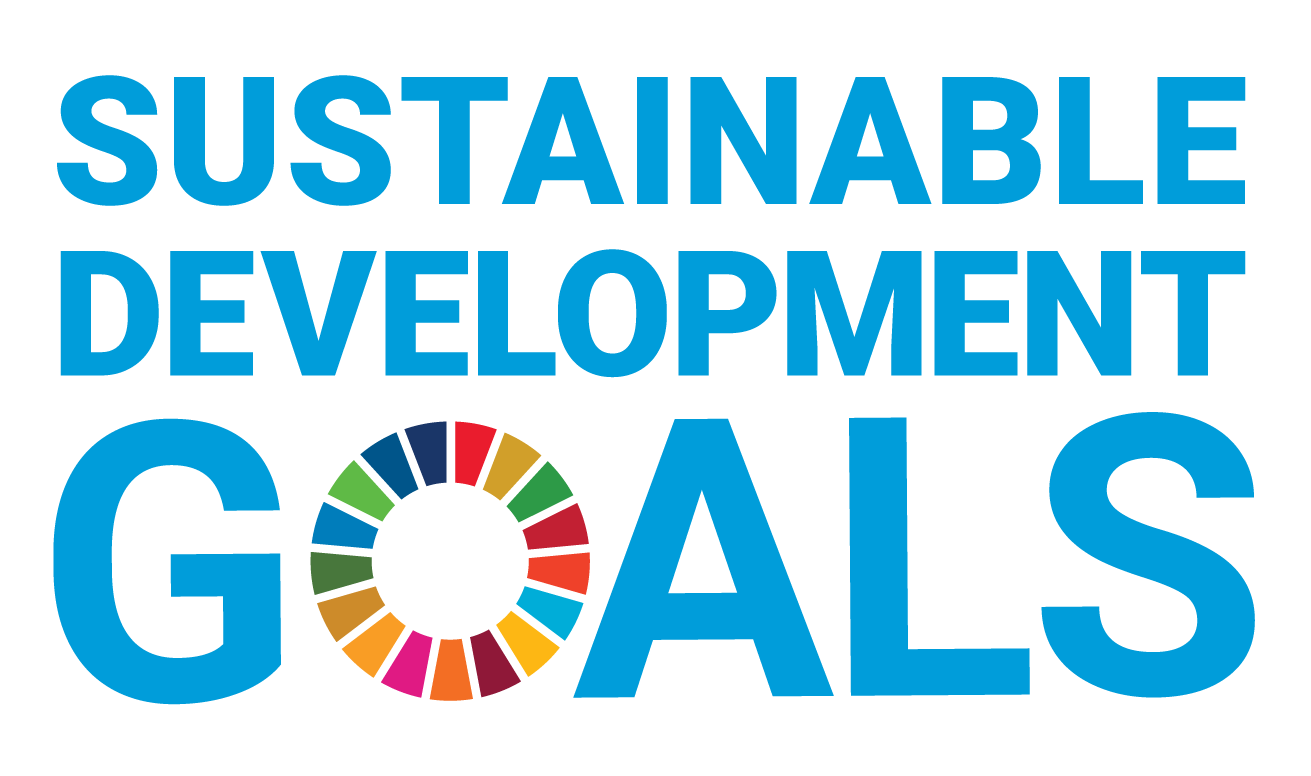Baby Babble
You can search for courses, events, people, and anything else.
Spoken language difficulties are one of the most common developmental hindrances in early childhood, with about 10-20% of children affected across the world’s many cultures. In Australia, Aboriginal children also have relatively high rates of middle ear infections (otitis media) leading to hearing loss. But there are few tools that are culturally and linguistically appropriate for assessing early communication for Aboriginal and Torres Strait Islander children.
At Western Sydney University’s MARCS Institute for Brain, Behaviour & Development, Professor Caroline Jones and her team have designed a checklist guided by Indigenous families who speak more than one language or dialect. Available as an app or a hardcopy list, the Early Language Inventory (ERLI) is designed to be a conversation starter between parents and professionals, to help spot children who might have speech, language or hearing difficulties, and promote joint decision-making and early intervention when needed.
The checklist can be used by parents in collaboration with speech pathologists, early childhood educators, health workers, or researchers, to assess children aged between 8 and 36 months, or older if the child has special needs. It includes 112 early acquired words and 8 handsigns, and asks the parent how they say each item at home, respecting the diversity of Indigenous languages and cultures in Australia.
“ERLI is a new local, short-form adaptation of the internationally known MacArthur-Bates Communicative Development Inventories,” says Jones. “We know that early support is vital in speech, language and hearing. This checklist can help professionals accurately assess children’s communication in partnership with the parent, so the parents can get support for their kids if needed, before communication difficulties affect their social and academic success.”
ERLI was first developed in 2014 through interviews with Aboriginal parents from the Katherine region in the Northern Territory in partnership with Sunrise Health Service and The Smith Family, and funding from the Australian Research Council (ARC).
Jones and her group have teamed up with Hearing Australia and National Acoustic Laboratories (NAL) to explore how ERLI can complement NAL’s Parent-evaluated Listening & Understanding Measure (PLUM) and Hear and Talk Scale (HATS), which are short parent-checklists that can be used by early childhood education and health professionals to assess whether a child may need a referral for hearing or speech-language support.
In partnership with Wurli-Wurlinjang Aboriginal Health Service in Katherine, Northern Territory and Tharawal Aboriginal Corporation in Campbelltown, New South Wales, in 2018-19 the three tools were trialled, with full hearing and language assessments to cross-validate their accuracy.
The large research team also ran co-design workshops with Aboriginal health and education professionals across New South Wales, Northern Territory and Queensland to fine-tune training materials. The project has received funding, through NAL, from the Department of the Prime Minister and Cabinet.
Jones and her team, together with health services, early childhood centres, and speech pathologists, are exploring how families and professionals from across Australia may benefit from the assessment tool. The project is currently funded with the ARC Centre of Excellence for the Dynamics of Language.
Need to know
- MARCS researchers have designed a checklist to help identify children with speaking, language or hearing difficulties.
- The ERLI checklist was developed in consultation with Indigenous families.
- It is now being used by speech pathologists in urban, regional and remote areas of Australia.
Chantelle Khamchuang, an Aboriginal woman and an honours student within the project, is working with Aboriginal families living in Sydney to investigate how ERLI can be used by families who use Aboriginal ways of speaking English, at home.
In research with Aboriginal communities it is important to ask permission and listen to the advice and input from the elders. “Parents are still speaking home language, so children are speaking home language. This is how our children talk,” says Aunty Pat Field. “There’s a need for a culturally appropriate tool.”
In June 2019, Jones and her project team members, Jaidine Fejo and Eugenie Collyer, presented the ERLI tool at the Speech Pathology Australia National Conference. Since then, speech pathologists in remote, regional and urban areas of Australia have started using the tool to assess communication skills in young Indigenous children, by asking the parent about the local home language words that their child knows, such as ‘tidda’ for ‘sister’.
“One immediate positive outcome of the collaborative project was that some children who had been on waitlists for audiology received a hearing test and follow-up,” says Jones.
Laura Doig, speech pathologist at Sydney Children’s Hospital Randwick says that the ERLI tool has helped spark conversations with parents about their child’s communication development.
“Some families have said that they had not realised how many words their child can understand,” says Doig. “It is great to have a tool that values the parents as the experts on their child’s communication.”
Meet the Academic | Professor Caroline Jones
Professor Jones is a researcher in The MARCS Institute for Brain, Behaviour & Development, and the current Director of Impact & Engagement at MARCS. At University level, Caroline is the Discipline Leader for Languages & LInguistics at WSU. Caroline is also Chief Investigator in the Australian Research Council Centre of Excellence for the Dynamics of Language (CoEDL) and Deputy Director of the Future Technologies Thread in the same Centre.
Caroline received her PhD in Linguistics in 2003 from University of Massachusetts. Her previous academic positions were teaching-research roles in Education at University of New South Wales (Lecturer, 2005-07) and University of Wollongong (Senior Lecturer, 2007-13).
Related Articles
Credit
This research was supported by the Australian Government through the Australian Research Council (ARC) Centre of Excellence for the Dynamics of Language; and the Department of the Prime Minister & Cabinet.
© Caroline Jones © Megan Clark/Unsplash © Rene Bernal/Unsplash © Wendy Aros Routman/Unsplash
Future-Makers is published for Western Sydney University by Nature Research Custom Media, part of Springer Nature.









